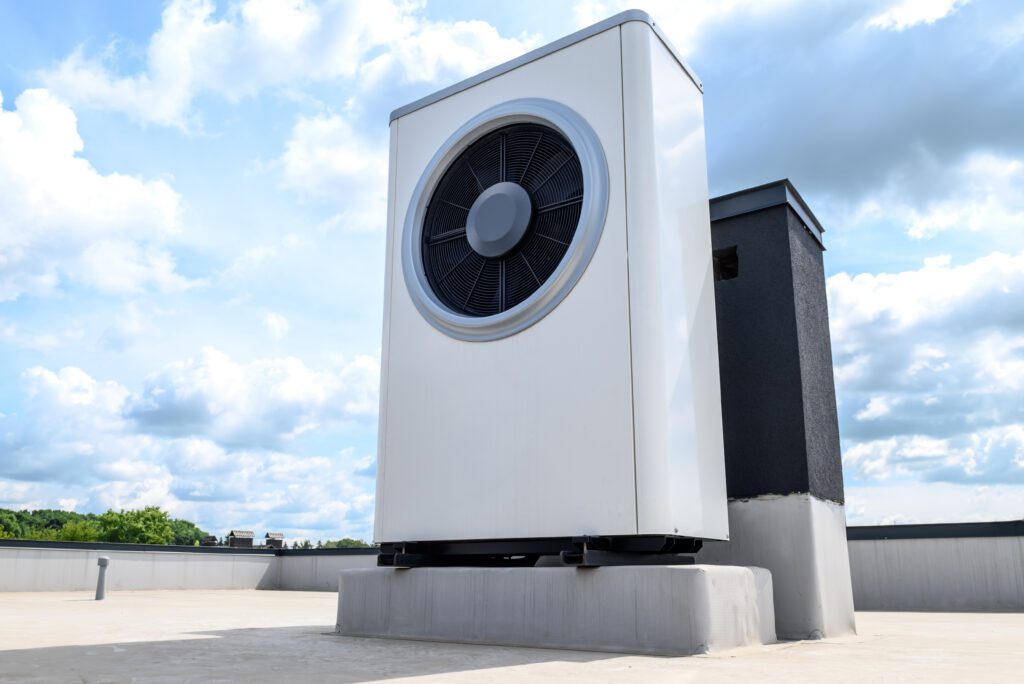If you have a heat pump system in your home, you may be wondering how long it will last before needing to be replaced. Understanding the lifespan of a heat pump and recognizing signs of performance issues is essential in determining whether it’s time for a replacement. Additionally, evaluating energy consumption and considering repair costs can help you make an informed decision. Moreover, staying updated with the technological advancements in heat pump models can provide you with insights into the benefits of upgrading to a new system. In this article, we will explore these factors to help you determine when it’s time for a heat pump replacement.
Understanding the Lifespan of a Heat Pump
When it comes to the lifespan of a heat pump, there are several key factors to consider beyond just the numbers. While the average lifespan of a heat pump typically falls within the range of 10-15 years, it’s essential to note that with proper care and maintenance, some units can exceed this timeframe and last up to 20 years. This longevity, however, is not solely determined by the passage of time but is influenced by a variety of elements.
Factors Affecting Heat Pump Longevity
One critical factor that significantly impacts the lifespan of a heat pump is the quality of its installation. A properly installed heat pump, carried out by a certified technician, ensures that all components are correctly connected and calibrated for optimal performance. This precision during installation sets the foundation for a longer and more efficient lifespan for the unit.
Regular maintenance is another key aspect that can extend the life of a heat pump. Simple tasks such as cleaning or replacing filters, lubricating moving parts, and inspecting electrical components can go a long way in preventing unnecessary wear and tear on the system. By staying proactive with maintenance routines, homeowners can help their heat pumps operate smoothly for years to come.
Moreover, the usage patterns of a heat pump also play a crucial role in its longevity. Excessive strain or constant usage can accelerate the wear and tear on the unit, potentially shortening its lifespan. By being mindful of how and when the heat pump is utilized, homeowners can help ensure that it remains in optimal condition for an extended period.
Recognizing Performance Issues
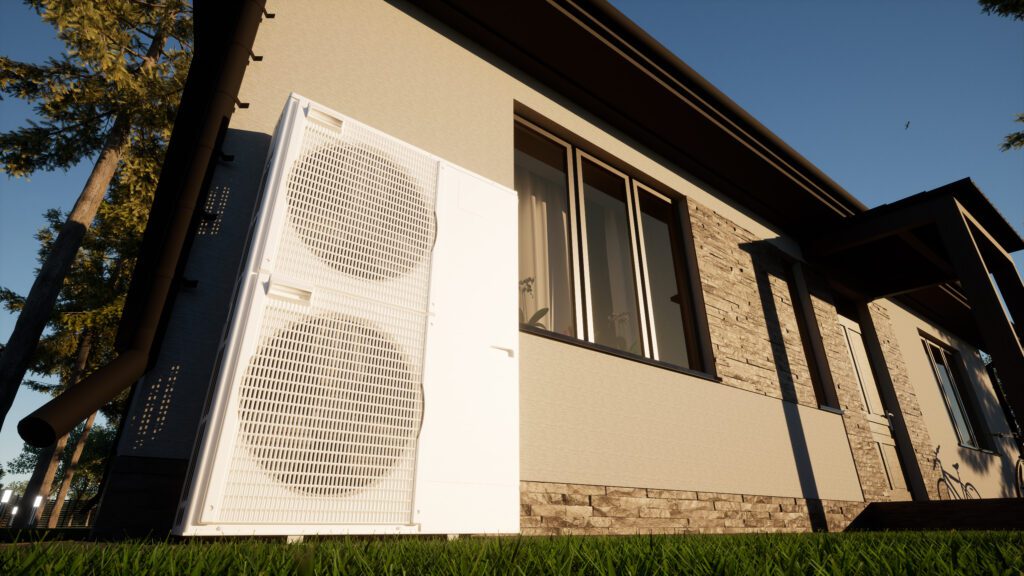
A heat pump nearing the end of its lifespan may exhibit various performance issues that indicate the need for a replacement. These issues can include decreased heating or cooling efficiency, unusual noises, and other subtle signs that point towards the deteriorating condition of the system.
One additional sign to watch out for is a noticeable increase in your energy bills without a corresponding increase in usage. As a heat pump ages and becomes less efficient, it requires more energy to achieve the same level of heating or cooling, leading to higher utility costs. Monitoring your energy consumption alongside the performance of your heat pump can help you identify potential issues early on.
Decreased Heating or Cooling Efficiency
If you notice that your heat pump is no longer providing the desired level of comfort in your home, it could be a sign of decreased efficiency. Your heat pump may struggle to maintain a consistent temperature, resulting in uncomfortable indoor conditions. This can be indicative of a worn-out heat pump that is no longer able to perform at its optimal level.
Unusual Noises from the Heat Pump
If you hear strange noises, such as grinding, rattling, or squealing, coming from your heat pump, it could be a sign of impending failure. These noises often indicate loose or worn-out components, which can result in inefficient operation and potential breakdowns.
Evaluating Energy Consumption
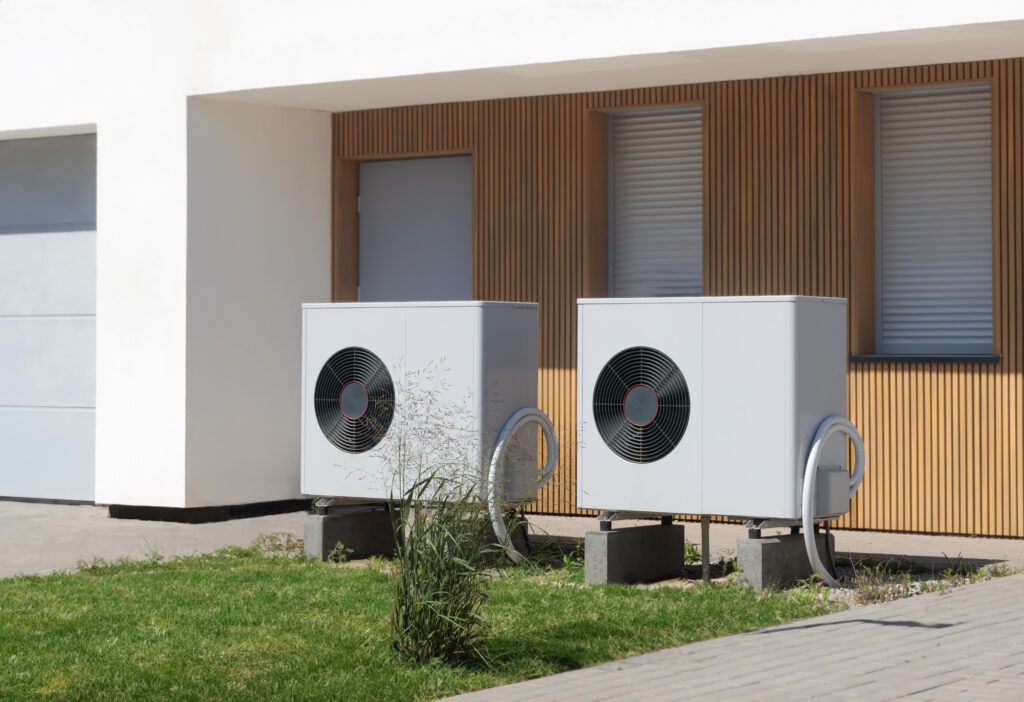
Rising Energy Bills
If you’ve noticed a significant increase in your energy bills without a corresponding change in usage, it could be a sign that your heat pump is no longer operating efficiently. As heat pumps age, their efficiency tends to decline, leading to increased energy consumption.
One important factor to consider when evaluating rising energy bills is the overall maintenance of your heat pump system. Regular maintenance, such as cleaning or replacing filters, can significantly impact the efficiency of your heat pump. Neglecting these maintenance tasks can cause your system to work harder and consume more energy, ultimately resulting in higher bills.
Heat Pump Running More Frequently
If your heat pump constantly runs or cycles on and off more frequently than before, it may be a signal of inefficiency. As the heat pump wears out, it needs to work harder to maintain the desired indoor temperature, resulting in increased run time.
Another factor that can contribute to your heat pump running more frequently is improper sizing of the system. If your heat pump is too small for the space it is trying to heat or cool, it will struggle to reach the set temperature, leading to continuous operation. On the other hand, an oversized heat pump can short cycle, turning on and off rapidly, which not only decreases efficiency but also puts unnecessary strain on the system.
Considering Repair Costs
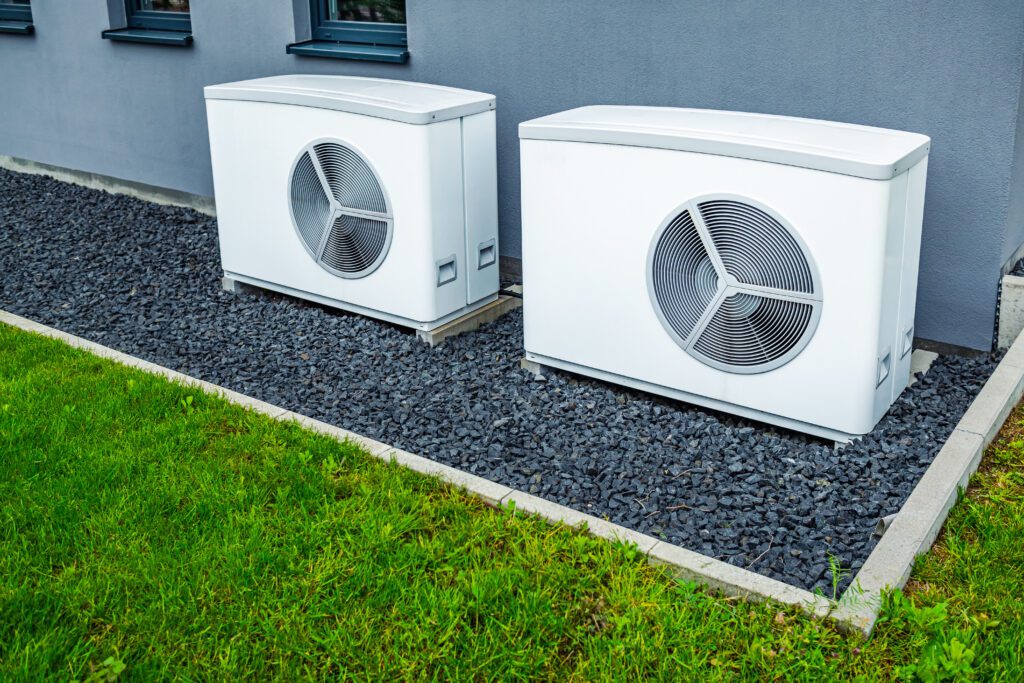
Frequent Breakdowns and Repairs
If your heat pump requires frequent repairs or experiences recurring breakdowns, it may be more cost-effective in the long run to replace it. Continual maintenance and repair costs can quickly add up, surpassing the cost of a new heat pump.
Moreover, frequent breakdowns can lead to discomfort and inconvenience, especially during extreme weather conditions. A malfunctioning heat pump can result in uneven heating or cooling in your home, causing discomfort for you and your family. This can also lead to potential health issues, especially for individuals sensitive to temperature fluctuations.
Cost-Benefit Analysis of Repair vs. Replacement
It’s crucial to assess the cost-benefit of repairing versus replacing your heat pump. If the repair costs exceed a significant percentage of the heat pump’s value, it may be more economical to invest in a new and reliable system that provides improved efficiency and performance.
Furthermore, an outdated heat pump may lack the energy efficiency features present in newer models. By upgrading to a more energy-efficient system, you can not only reduce your utility bills but also lessen your environmental impact. Newer heat pumps often come with advanced technologies that optimize performance while minimizing energy consumption, providing you with long-term savings and eco-friendly benefits.
Assessing Technological Advancements
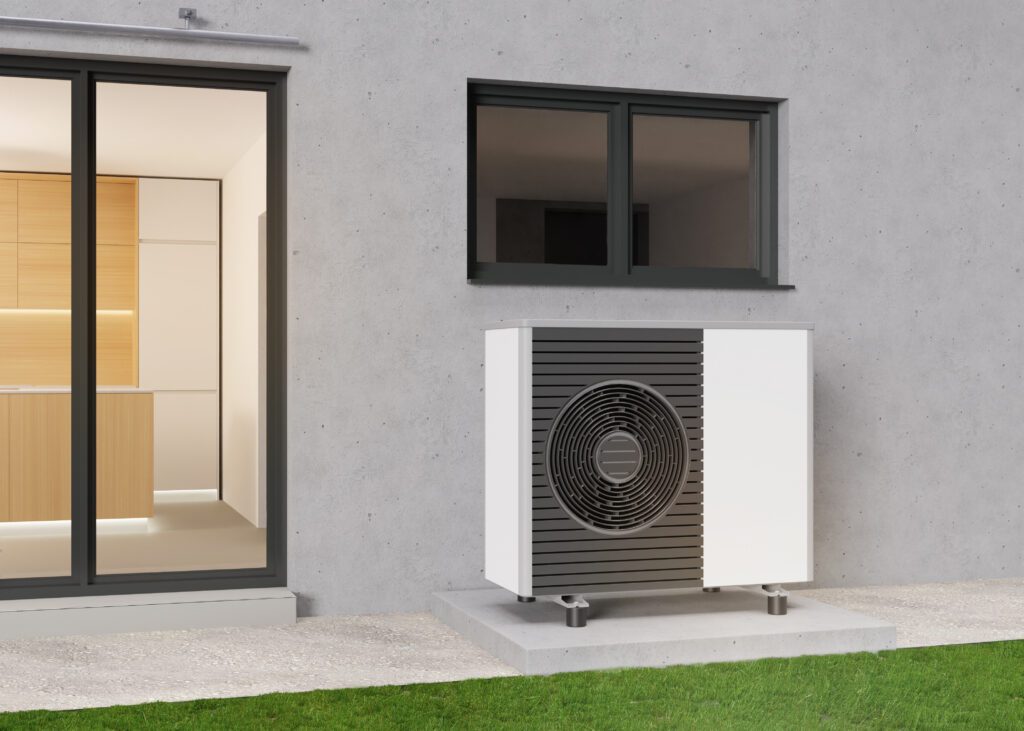
Benefits of Modern Heat Pump Models
Advancements in heat pump technology have resulted in significant improvements in energy efficiency and performance. Modern heat pump models are designed to consume less energy while providing enhanced comfort. By upgrading to a new heat pump, you can take advantage of these benefits, such as improved indoor air quality and reduced carbon footprint.
Furthermore, the latest heat pump models often come equipped with innovative features like variable-speed compressors and smart thermostats. These technologies allow for more precise control over temperature settings and better adaptation to changing environmental conditions. As a result, homeowners can enjoy consistent comfort levels throughout the year, regardless of external factors.
Energy Efficiency of New Heat Pumps
New heat pump models are built with energy efficiency in mind, often featuring advanced components and smart controls. These advancements allow for more precise temperature regulation and better energy utilization. By opting for a more energy-efficient heat pump, you can reduce your energy costs and contribute to a greener environment.
Moreover, the energy efficiency of modern heat pumps is not only beneficial for the environment but also for your wallet. With rising energy prices, investing in a high-efficiency heat pump can lead to substantial long-term savings on your utility bills. Additionally, some energy-efficient models may qualify for rebates or incentives, further enhancing the cost-effectiveness of upgrading your heating system.In conclusion, knowing the signs that indicate it’s time for a heat pump replacement is essential to maintain a comfortable home and reduce energy costs. Understanding the average lifespan, recognizing performance issues, evaluating energy consumption, considering repair costs, and staying updated with the latest technological advancements are crucial factors in making an informed decision. By considering these aspects, you can ensure optimal comfort, efficiency, and savings in the long run.

